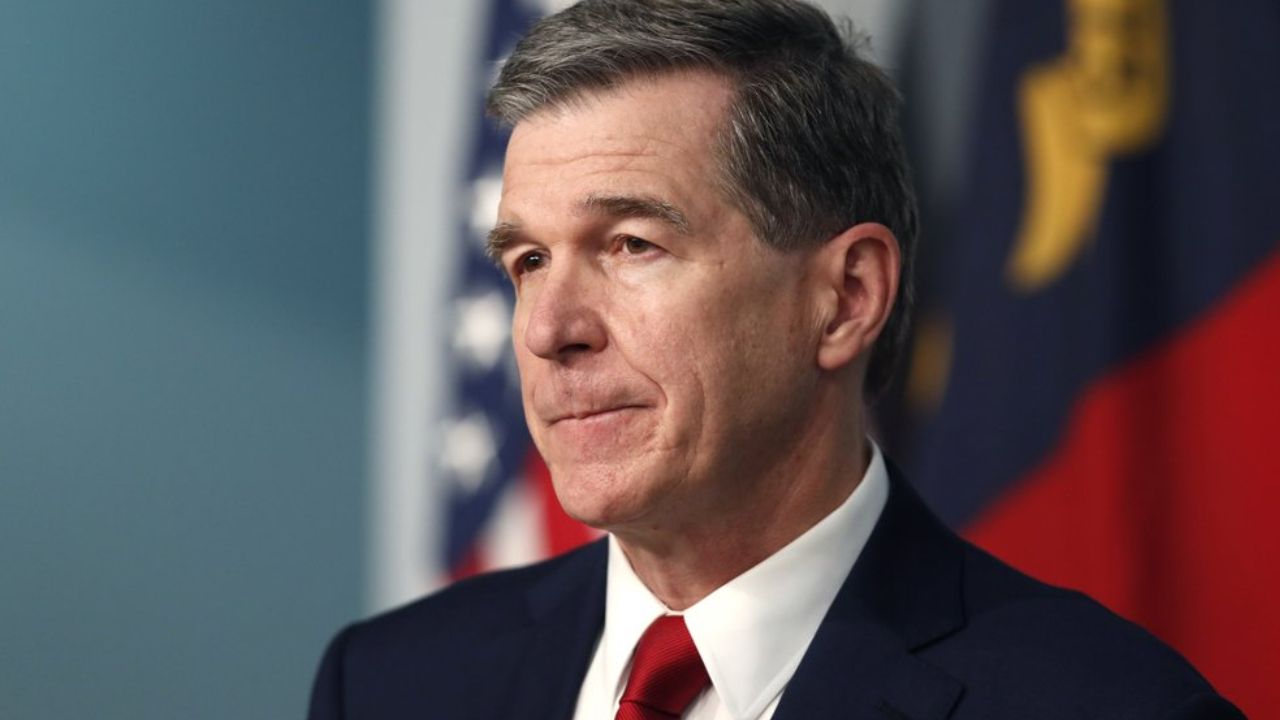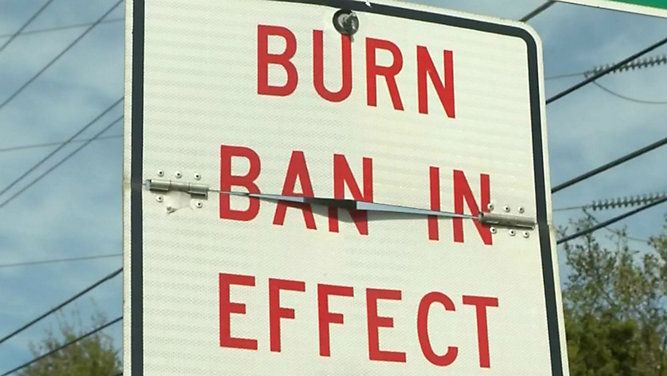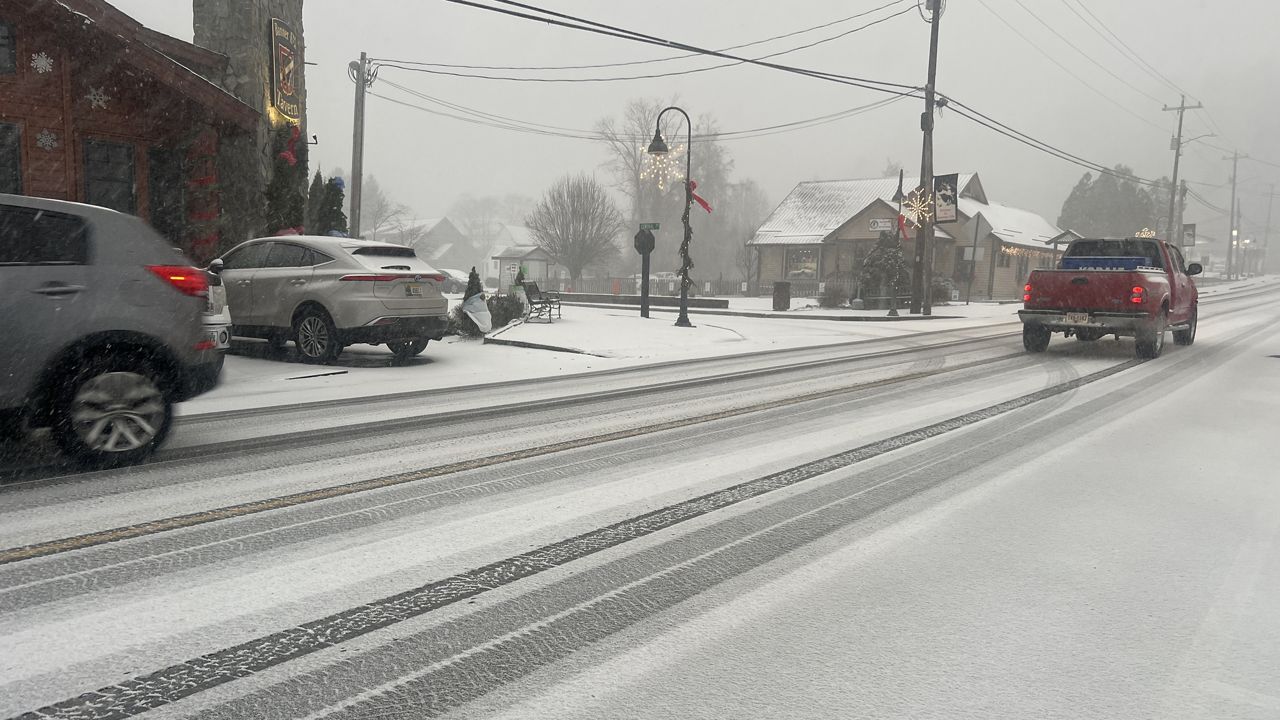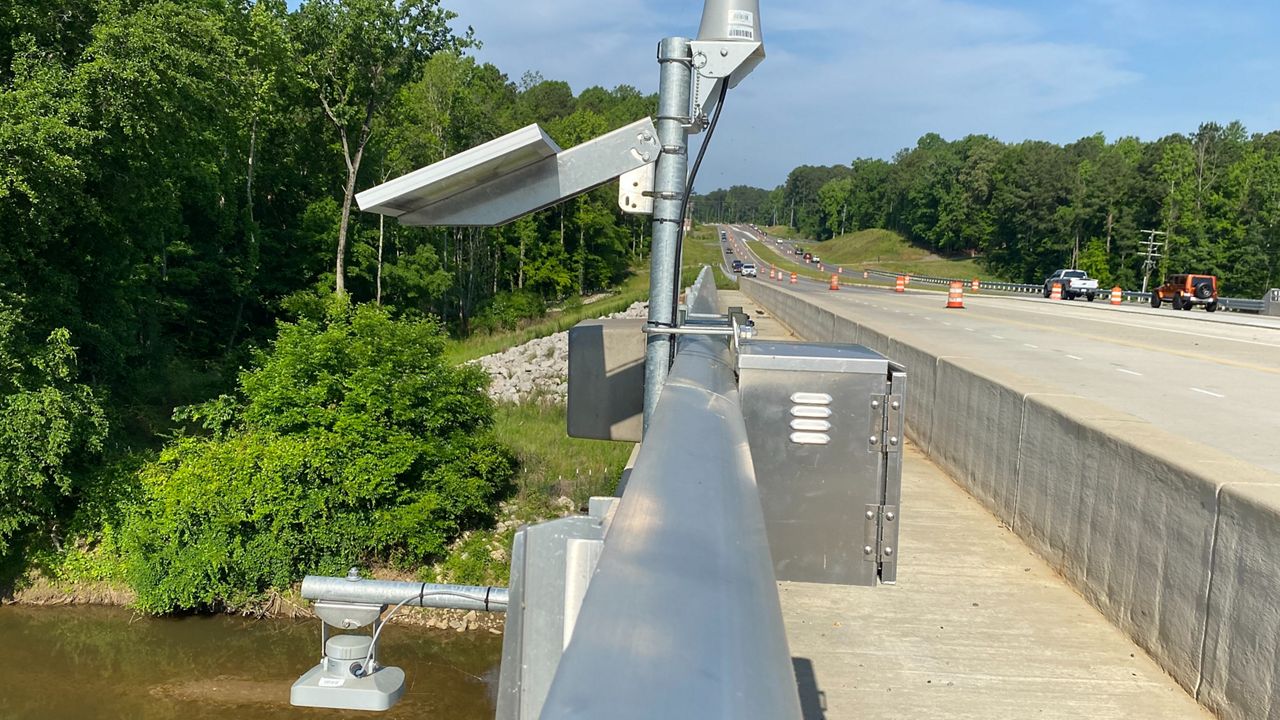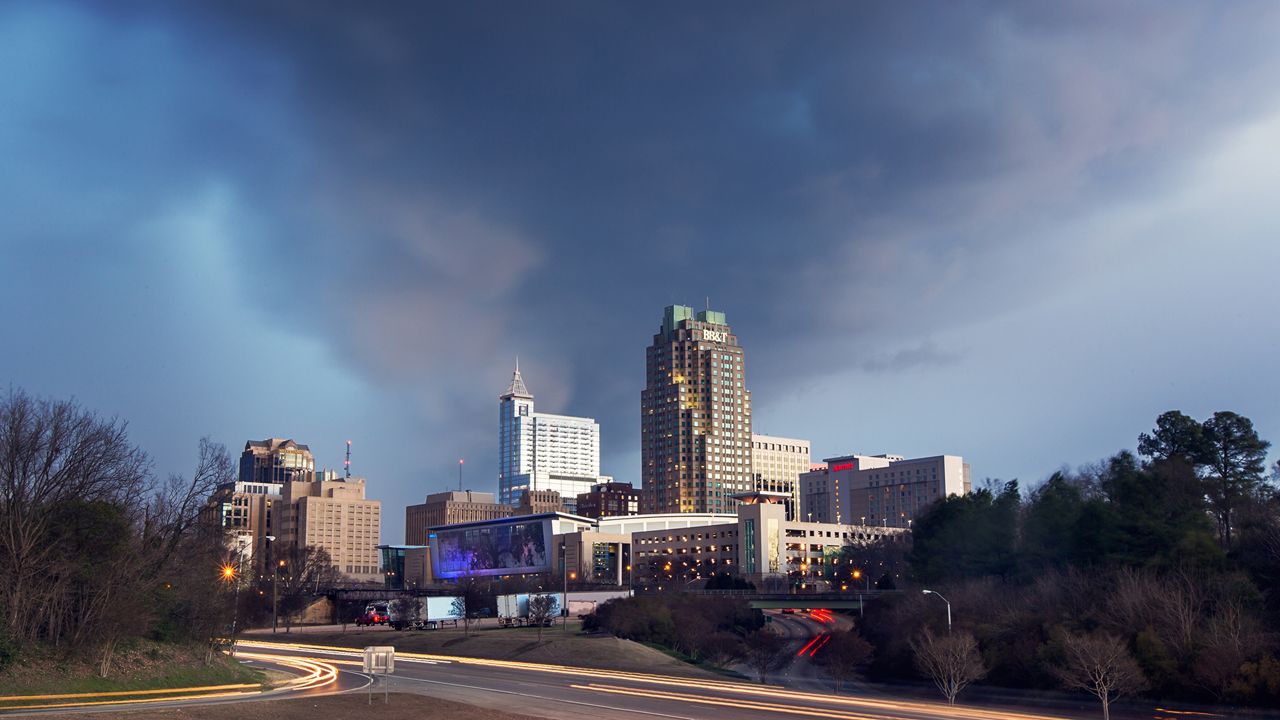RALEIGH, N.C. — An arctic mass is approaching North Carolina, and Gov. Roy Cooper has signed a State of Emergency (SOE) in preparation for possible icy conditions.
- Wind chills to drop below zero in North Carolina by Christmas Eve morning
- North Carolina's coldest Christmas
- Track the weather in your region
“We know that with the extremely low temperatures North Carolinians will need propane and other heating fuel to keep their families warm,” Cooper said in a release. “While propane supplies are strong in the state, there is a limited supply of licensed commercial truck drivers, which is being further exacerbated by COVID and flu outbreaks. The State of Emergency will help ease some restrictions and allow heating fuel companies to keep up with demand."
Below average temperatures are expected to move in Friday and continue through the holiday weekend. Lows are expected to dip into the teens overnight in many areas, while struggling to reach above freezing during the daytime. Even colder temperatures are expected in the mountain regions.
Strong wind gusts are also expected along with the system, which could lead to downed trees, power outages and wind chill values dipping into the single digits across the state and below zero in the mountains.
By signing the SOE, Cooper has activated the state’s emergency operations plan, waived transportation regulations to aid in the transportation of fuel and critical supplies, helped first responders and protected consumers from price gouging.
North Carolina Emergency Management has provided the following tips to help keep you safe during the winter weather:
- Pay close attention to your local forecast and be prepared for what’s expected in your area
- Keep cell phones, mobile devices and spare batteries charged
- Use a National Oceanic and Atmospheric Administration weather radio or a weather alert app on your phone to receive emergency weather alerts
- Dress warmly. Wear multiple layers of thin clothing instead of a single layer of thick clothing
- Store an emergency kit in your vehicle. Include scraper, jumper cables, tow chain, sand/salt, blankets, flashlight, first-aid kit and road map
- Gather emergency supplies for your pet, including a leash and feeding supplies, enough food for several days and a pet travel carrier
- Do not leave pets outside for long periods of time during freezing weather
- Look out for your friends, neighbors and the elderly during winter weather
If your power goes out:
- Ensure generators are operated outside and away from open windows or doors to prevent carbon monoxide poisoning
- Never burn charcoal indoors or use a gas grill indoors
- Properly vent kerosene heaters
- Use battery-powered sources for light, instead of candles, to reduce the risk of fire
- How to protect your home during extreme cold
- Preparing a winter survival kit for your vehicle
- Car technician offers tips as holiday travel, cold temperatures approach
Justin Pryor - Digital Media Producer
Justin is a Charlotte-based digital media producer. He is a South Carolina native who worked in similar roles at a Charlotte TV station before joining Spectrum News 1 in 2019. Justin is a graduate of the University of South Carolina.





